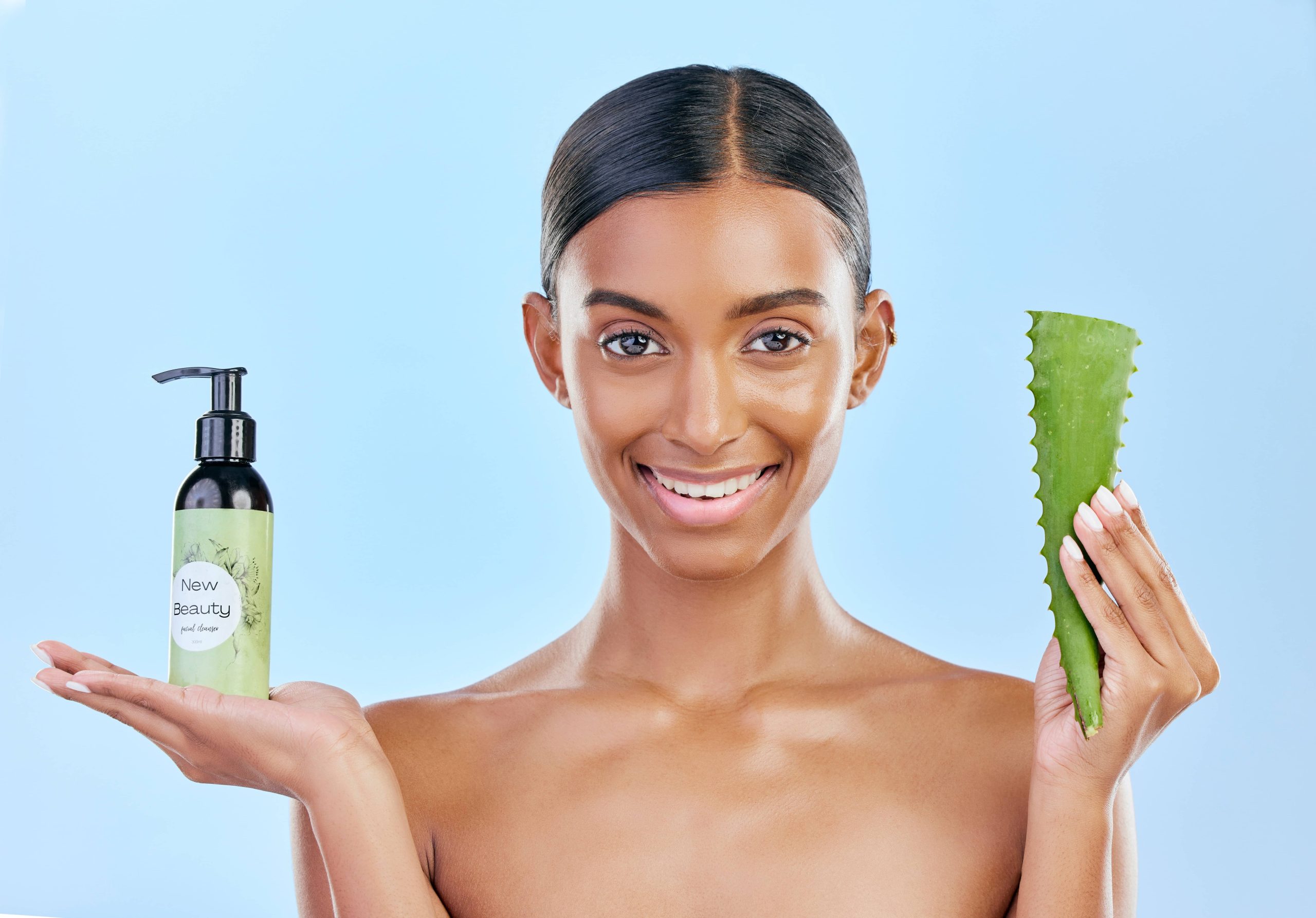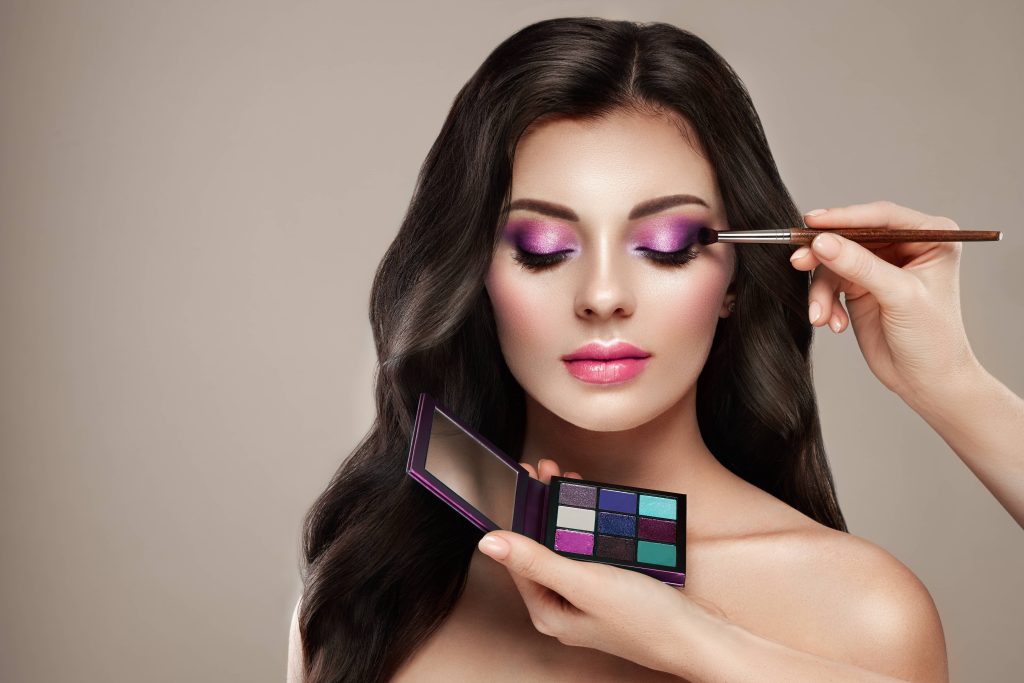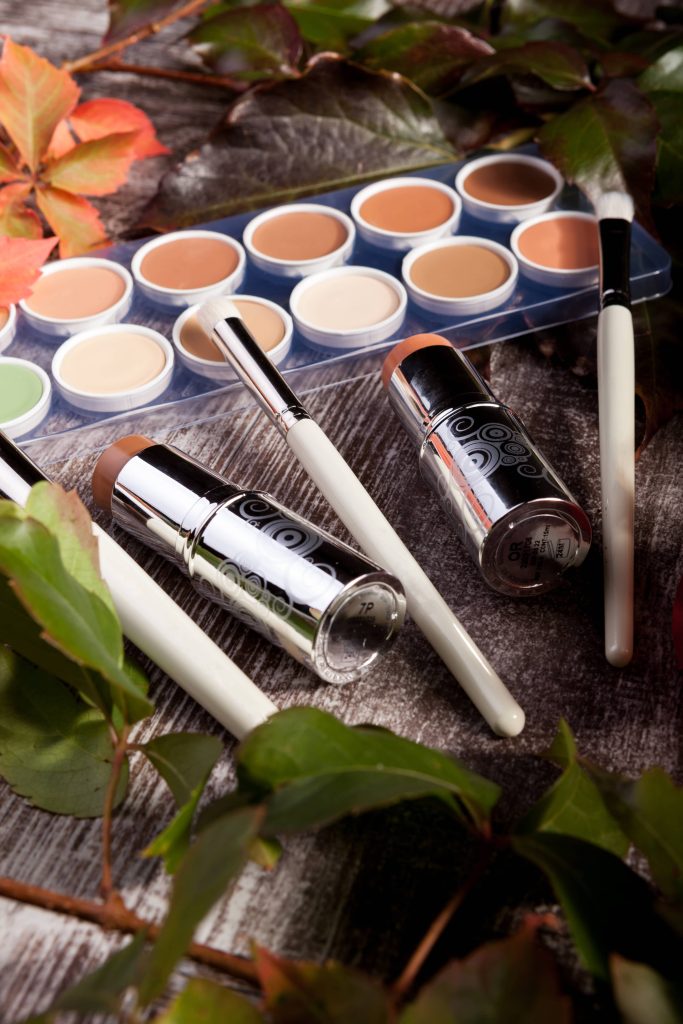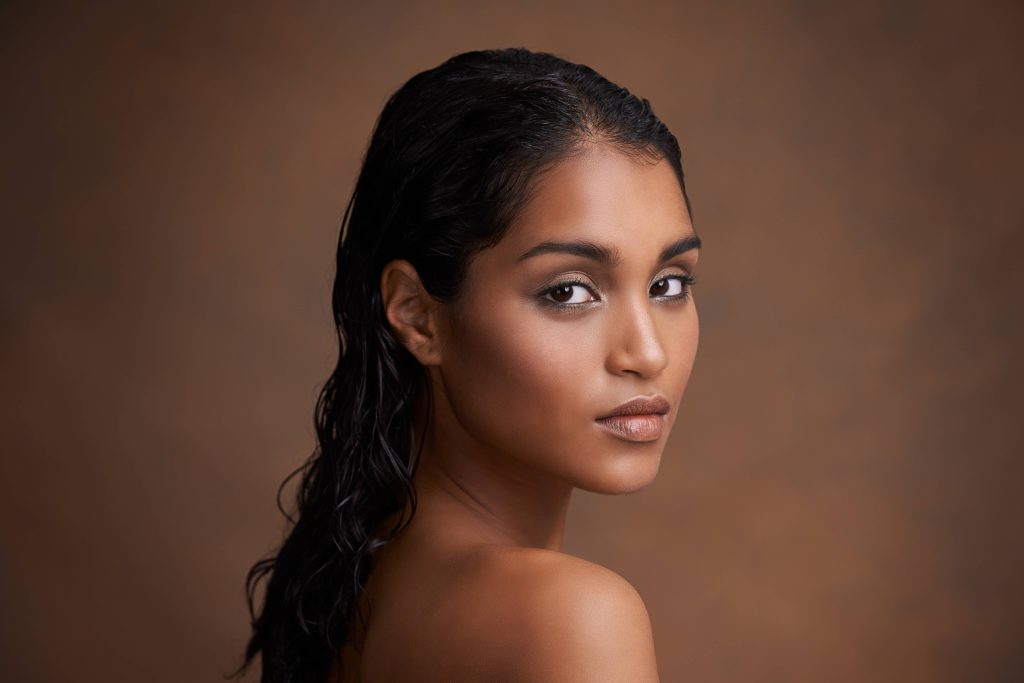
In recent years, beauty supplements have emerged as one of the most intriguing trends in the skincare industry. Promising shiny hair, glowing skin, and stronger nails, these supplements have gathered a massive following. Celebrities and influencers often tout their benefits, further fueling their popularity. However, amidst all the hype, it is crucial to scrutinize their true effectiveness. Are these supplements a groundbreaking skincare solution, or are they yet another marketing fad? In this blog post, I’ll delve into the details, examining the efficacy of beauty supplements and their role in modern skincare routines.
The Rise of Beauty Supplements
The concept of beauty from within is not entirely new. Ancient civilizations have long practiced beauty-enhancing rituals through diet and natural supplements. However, the modern beauty supplement industry has become a billion-dollar market, burgeoning alongside a growing interest in wellness and self-care.
Beauty supplements usually come in the form of capsules, powders, or gummies, designed to complement topical skincare products. They typically contain vitamins, minerals, herbs, or other compounds that are believed to promote healthy skin, hair, and nails. Common ingredients include collagen, biotin, vitamin C, vitamin E, zinc, and various plant extracts.
The Science Behind Beauty Supplements
Collagen
Collagen is perhaps the superstar of beauty supplements. As the most abundant protein in the human body, collagen provides structure to skin, hair, nails, bones, and connective tissues. However, as we age, collagen production decreases, leading to wrinkle formation and loss of skin elasticity.
Several studies suggest that collagen supplementation can improve skin hydration, elasticity, and reduce wrinkles. A 2019 review published in the International Journal of Dermatology highlighted that collagen peptides positively impact skin aging. However, it is essential to note that results may vary due to factors like dosage and bioavailability.
Biotin
Biotin, also known as vitamin B7, is famous for its role in maintaining healthy hair and nails. Deficiency can lead to hair loss or brittle nails, leading many to believe that supplementation can enhance these beauty traits. While biotin supplements have gained popularity, scientists argue that only those with a proven deficiency may see significant results. For the average person, a balanced diet typically provides sufficient biotin.
Other Nutrients
Other beauty-boosting compounds include vitamins A, C, and E, all of which are vital for skin health due to their antioxidant properties. Zinc is known for its role in wound healing and inflammation reduction, and omega-3 fatty acids found in fish oil can help maintain skin integrity and moisture. While these nutrients have proven benefits, they are also readily available through a balanced diet rich in fruits, vegetables, and healthy fats.
Belief vs. Reality
For many consumers, the allure of beauty supplements lies in convenience and the promise of visible results. However, the effectiveness of these supplements can vary widely based on several factors:
1. Bioavailability: Not all supplements are equally absorbed by the body. The form in which a nutrient is consumed can influence its absorption rate, affecting its efficacy.
2. Diet: Individuals who maintain a well-rounded diet may not notice significant improvements from supplements, as their nutritional needs may already be met.
3. Underlying Health Conditions: Health issues like hormonal imbalances or genetic predispositions can influence the effectiveness of beauty supplements.
4. Ingredients: The quality, source, and dosage of the ingredients play a crucial role in determining the effectiveness of supplements.
Are Beauty Supplements Worth It?
The decision to use beauty supplements largely depends on individual needs and expectations. For someone with a nutrient deficiency, supplements can offer substantial benefits. However, for others, the impact may be subtle, overshadowed by a healthy lifestyle and skincare regimen.
Incorporating beauty supplements should not replace a balanced diet and topical skincare. Instead, they should complement these practices. Consulting with a healthcare provider or dermatologist can help tailor supplement use to individual requirements.
Navigating the Market
With countless products lining the shelves, selecting the right beauty supplement can be overwhelming. Here are a few tips to help navigate the market:
– Research: Investigate brands, ingredients, and scientific studies supporting product claims.
– Quality Control: Choose products from reputable companies that adhere to good manufacturing practices.
– Read Labels: Understand the active ingredients and their concentrations.
– Stay Skeptical of Magical Claims: Be cautious of products promising instant or miraculous results.
Conclusion
Beauty supplements represent a burgeoning intersection between health and aesthetics. While they hold promise, especially for individuals with specific deficiencies or needs, it is important to remain informed and skeptical. They should be a part of a holistic approach to beauty that includes a nutritious diet, a consistent skincare routine, and a healthy lifestyle.
Ultimately, the road to beauty is deeply personal. Whether or not beauty supplements find a permanent spot in your routine, always embrace practices that cater to your unique and authentic self. As the beauty industry evolves, staying informed and critical is key to navigating the endless array of beauty-enhancing options available in today’s world.



